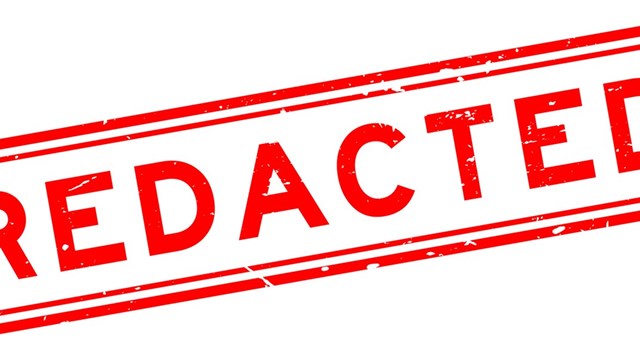
Q I am in the process of looking for and buying a refurbished condo. The developer wants me to waive the implied warranty of habitability. I don’t think I should. Is this a normal practice and procedure? I am told that this building I’m moving into is being rehabbed and it was not built from scratch. Should I be concerned at all about this? What recourse do I have and what happens if something goes wrong later on?
—Buyer in Buffalo Grove
A “Illinois courts have held that purchasers of residential real estate can waive the implied warranty of habitability,” says partner James Erwin of the Chicago-based law firm Erwin Law LLC, “though they have also delineated specific requirements for a valid waiver, including the fact that it must refer to the implied warranty of habitability by name. Developers now routinely include waivers of the implied warranty of habitability in their contracts. This is typically the case regardless of whether the developer has rehabilitated an existing structure or has built the structure from scratch.
“You should consult with a real estate attorney for advice on the particulars of the waiver you are being asked to sign. An attorney should review the document and give you advice regarding what the implied warranty of habitability constitutes, when it applies and what you are forgoing if you waive that warranty. He or she can request that the waiver of implied warranty be removed but the occasion on which that request is granted is extremely rare. It is the norm for a developer to instead provide limited warranties which expressly cover certain specified defects for a specific term after closing and which also expressly exclude other types of defects, so your attorney should also advise you as to any express limited warranties you may be getting in lieu of the implied warranty of habitability or, if none is being offered by this developer, your attorney can assist in negotiating for such limited warranties.
“Finally, you must remember that any warranty, whether implied or express, is only as good as the developer’s ability to back it up. Especially in these tougher economic conditions, many developers are struggling and lack financial stability. You should conduct as much due diligence into the background and history of the developer as possible to see if they appear to have a good track record and solid financial footing.”






Leave a Comment